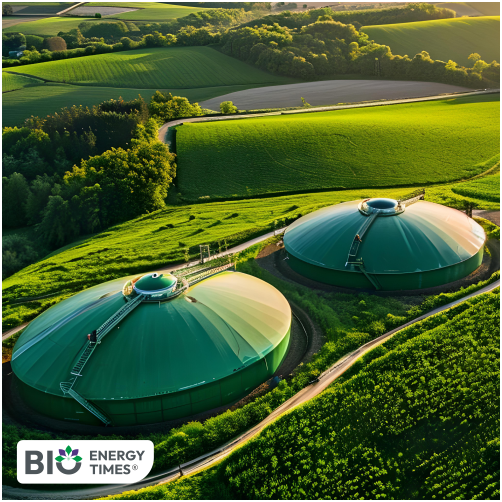Clean energy firm CEF Group has raised €38 million in equity and debt from the German Export Finance Bank and several Indian conglomerates to build two major compressed biogas (CBG) plants in Jammu and Ahmedabad, reports CNBC TV 18.
Maninder Singh Nayyar, Founder and CEO of CEF Group, said the funding will be used for these two projects — one in Jammu and one in Ahmedabad. The Jammu plant will process 350 tonnes of municipal solid waste each day, while the Ahmedabad facility will handle 500 tonnes daily. Together, they are expected to produce about 27 tonnes of CBG, 80–90 tonnes of organic manure, and 150 tonnes of refuse-derived fuel (RDF) per day.
According to Nayyar, building a plant of this scale takes between 18 and 24 months. Both projects are expected to start operations next year, and the company is already discussing expansion plans with municipal bodies in other cities. The goal is to set up 22 CBG plants across India.
To ensure a steady supply of raw material, CEF has signed long-term contracts — 25-year agreements with municipal corporations for waste supply, and 20-year deals with sugar mills to source press mud, which will be converted into biofuel.
The two projects are part of the government’s SATAT scheme, which promotes CBG production for sale to oil and gas companies such as Indian Oil, GAIL, and Hindustan Petroleum at assured prices. Nayyar said the plants will help reduce imports, boost energy independence, and create jobs, with over 300 positions expected to be generated. The use of organic manure, he added, will also help farmers cut their reliance on chemical fertilisers and improve soil quality.
The CBG output will be fed directly into GAIL’s pipeline network for use as vehicle fuel, replacing diesel and petrol. GAIL is working with CEF to develop the required infrastructure.
By-products will open additional revenue streams — organic manure will be sold to commercial farms through CEF’s agriculture division, and RDF will be supplied to cement factories as an alternative to coal, helping reduce industrial carbon emissions.
Nayyar said these efforts will ease landfill pressure, cut greenhouse gas emissions, and support India’s clean energy and circular economy targets.















